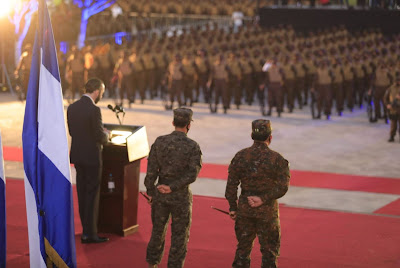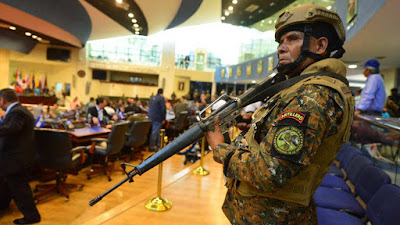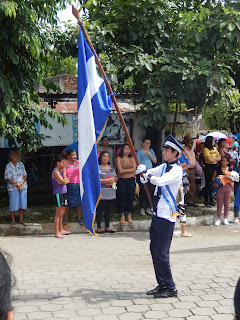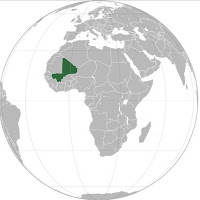The Strongman's Military

In countries like El Salvador, where values of an authoritarian culture still prevail, these campaigns that praise the virtues of the military, making them look like heroes and saviors capable of solving the problems that civilians cannot solve, further foster an authoritarian culture. -- Jeannette Aguilar Sunday, September 15, was Independence Day in El Salvador. On Sunday, school students filled streets across the country marching in civic parades, the national anthem was sung, and San Salvador saw the large annual parade which during Nayib Bukele’s presidency has been a celebration of the police and military security forces. On Sunday night, the president gave his Independence Day discourse to the nation in the form of an address to the 18,000 soldiers on the military parade grounds before him. All the imagery of the broadcast speech revolved around the Salvadoran military and police and their president, their Commander Gen...





